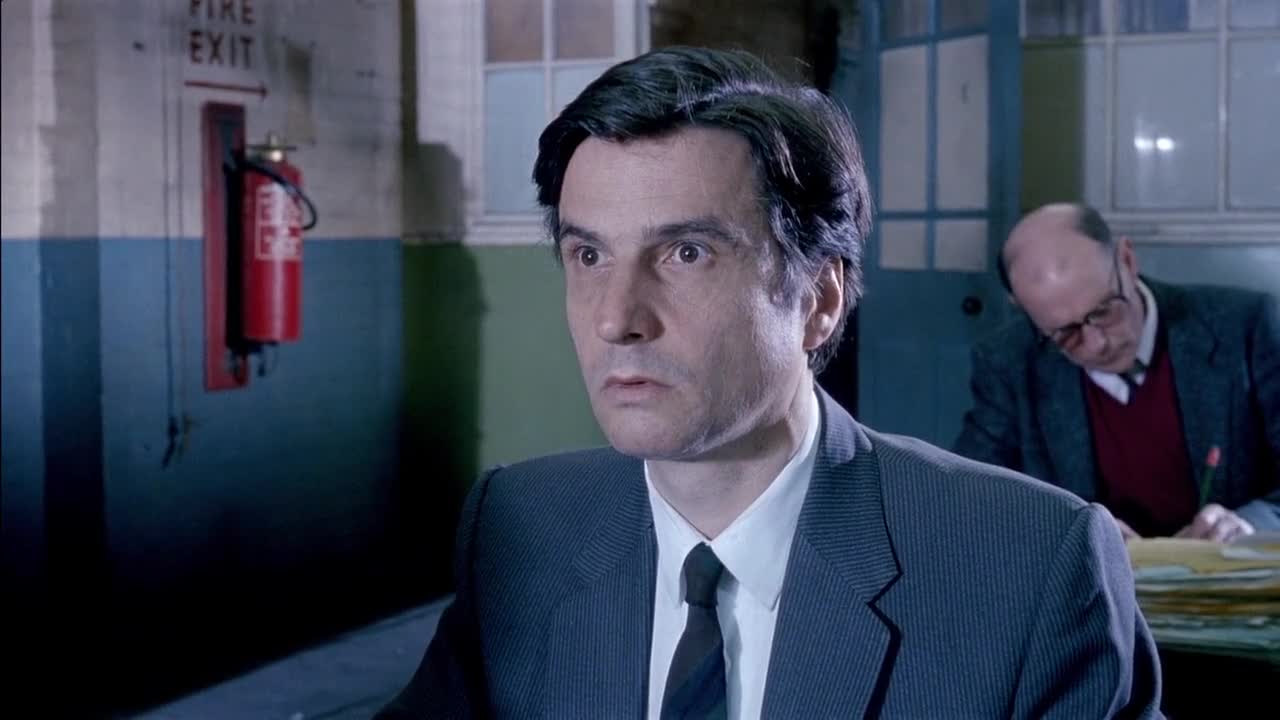
The treasures of world cinema reach deep into universal themes, offer insights about the world, and are themselves invaluable experiences. This list compiles masterpieces across a variety of genres such as horror, animation, and biography from around the world.
Famous filmmakers like Mario Bava, Michael Haneke, and Paul Verhoeven have their places in the list beside other lesser-known, yet equally profound directors. Each of the films is a portal into an intense journey from another time, set in a distant place—they are all deep intellectual engagements.
10. Rabid Dogs (1974)
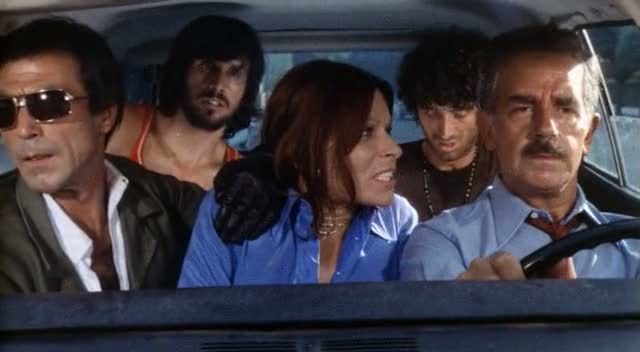
Mario Bava is Italy’s master of suspense, ranking along Dario Argento and Lucio Fulci as the best 1970s European horror film directors. Rabid Dogs is his last masterpiece. But unlike the earlier horror works such as Blood and Black Lace (1964), this is a heist movie in the purest form.
Although made in the early 1970s, the film is not released until 1995 in Milan due to financial issues. Ahead of its time, the stylized violence and meticulous choreography give Bava’s thriller an unparalleled intensity. Lacking the visual exuberance of the director’s earlier works, it is soaked in raw and unpolished realism.
The soundtrack, composed by Stelvio Ciprian, is particularly haunting. Complimented by brutal representations of robbery and primitive violence, the film is daunted with despair. Its attitude towards crime is negative. Unlike more recent heist features, such as Heat (1995) and Reservoir Dogs (1992), there is not the slightest hint of heroism or brotherhood in the criminals.
The plot is straight forward. Some of the actors’ style may seem out of date. The work, however, manages to seamlessly combine content and form, resulting in one of the most candid portrayals of escaping robbers in cinematic history.
9. Soldier of Orange (1977)
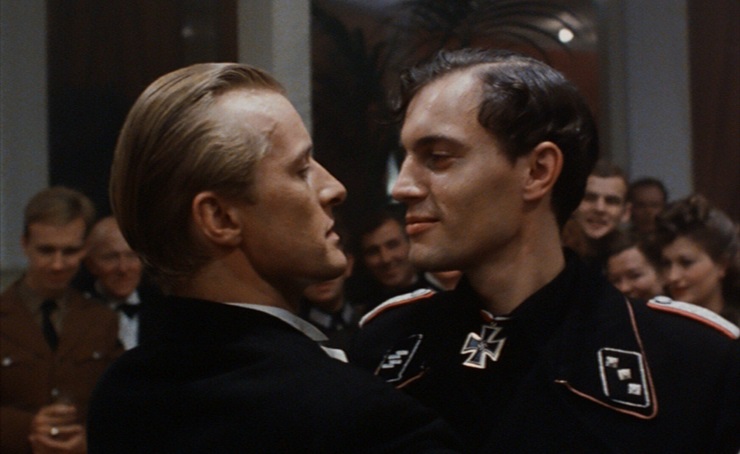
Paul Verhoeven is enjoying renewed critical acclaim with the success of Elle (2016). As the director of confronting and often humorous thrillers such as Robocop (1987), Basic Instinct (1992), and Black Book (2006), Soldier of Orange is a Dutch World War II epic that delivers immense enjoyment.
Based on Erik Hazelhoff Roelfzema’s memoir of the same title, it was the most expensive Dutch blockbuster at the time. It follows a group of young students’ lives as Resistance fighters during German Occupation of the Netherlands. They complete secret missions in Leiden and London, receiving orders from the Britain, doubting their commanders, disguising themselves in German army uniforms—the motion picture is a ‘men on mission’ thriller at its most energetic.
Although an early work in Verhoeven’s diverse career, this film already shows the director’s masterful command of mis-en-scène. Rutger Hauser’s understated performance as the young Resistance fighter is convincing while the Hichcockian suspense sequences effectively depict the uncertainty of war.
Despite the serious subject matter, the characters (and the filmmaker) tend to treat their situations with ease and good humor. Unlike some bleak war films, this work allows moments of hope and triumph and has faith in humanity among the darkness of conflict. For this reason, the film belongs alongside Army of Shadows (1969), The Big Red One (1980), and Germany Year Zero (1948) as one of the greatest WWII movies of all times.
8. Empire of Passion (1978)

Nagisa Ōshima is most renowned for Merry Christmas, Mr.Lawrence (1983), starring David Bowie, and the highly notorious In the Realm of the Senses (1976). In comparison, Empire of Passion, at first glance, may seem to be a conventional supernatural film.
Winning the Best Director award at Cannes Film Festival, this movie is a manifestation of technical sophistication and story-telling mastery. Thoroughly Japanese in sentiment, with traditional costumes and based on popular folkloric style. It is about a woman using her lover to murder her husband, and the husband’s ghost haunting them, blending theme of the femme fatale with Asian horror tradition (most well-known example being The Ring(1998)).
Each frame of the movie looks like a painting masterpiece, its beauty comparable to Stanley Kubrick’s Barry Lyndon (1975). Unlike Ōshima’s more controversial works, this film does not contain overly explicit on-screen violence. However, the dark side of human nature is being exposed in all its ugliness. It explores the monstrous consequences of destructive desires and immorality.
The cinematography, by Yoshio Miyajima, is executed to perfection. Every shade and light and color complement one another harmoniously. Toru Takemitsu’s quiet but disturbing soundtrack add to the film a bleak atmosphere. Empire of Passion is one of Ōshima’s most accessible great films.
7. Angst (1983)
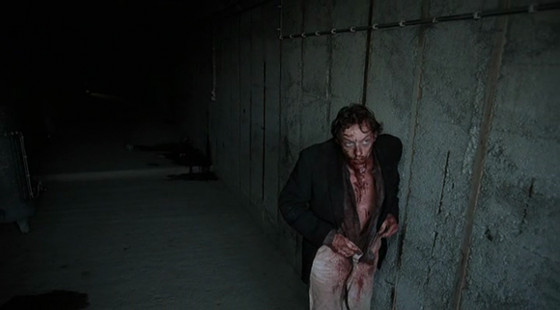
Gaspar Noé states that Angst is one of his favorite movies. Possibly the most disturbing portrait of home invasion, the film is arguably the worst nightmare one can have. Although a realistic work, it resembles more to a journey through hell.
The title sums up the film’s tone: angst in its most tortured and crude form. Following a recently released serial killer’s hunt for new victims, this experimental horror film depicts the depths of both physical and psychological pain. Perverse scenes distress the mind beyond language. This is a sick movie about a very sick man.
At the same time, it is also a great film. Very rarely does the cinema provide such glimpse into the sheer horror of crime. Few dialogues are heard, the images are powerful enough to provoke strong emotions of pity and fear. Innocent people are abused and killed and continued to be abused when they are dead.
Erwin Leder’s performance as the killer is extremely terrifying. For the weak of heart, Angst is definitely not recommended. However, for the audience prepared for shock and great disturbance and pure horror, this movie is a masterpiece.
6. I Hired a Contract Killer (1990)
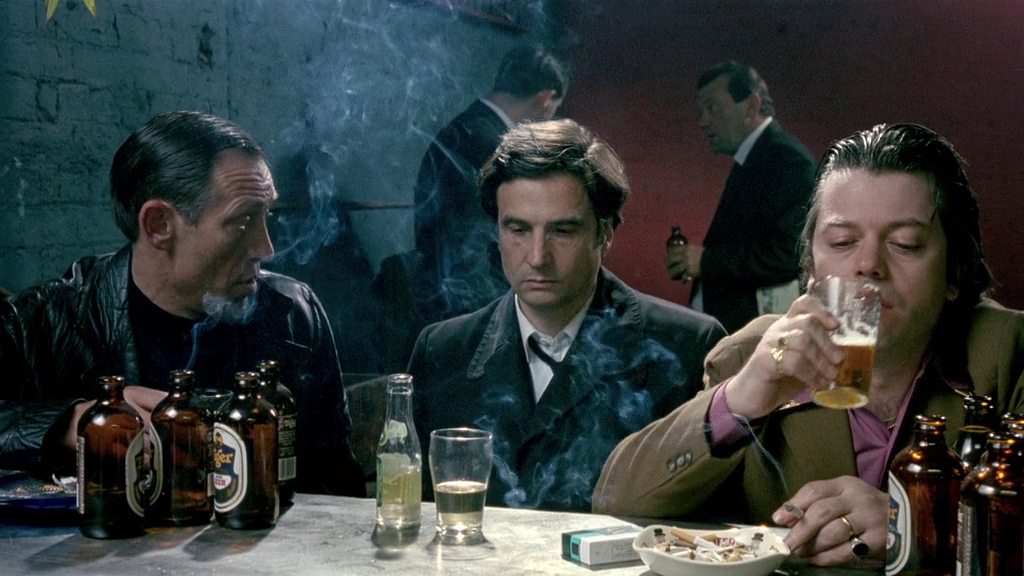
Aki Kaurismäki’s dark comedy is a comforting voice for times of desperation. Like the Finnish director’s other heartwarming works such as Le Havre (2011) and The Man Without a Past (2002), this film is about overcoming the odds of life.
Kaurismäki has a sense of humor even in the darkest situations. Failed attempts on ending one’s life are depicted as comic, not with sarcasm, but with compassion. Depicting Henri Boulanger’s (Jean-Pierre Léaud) despondency after being unemployed, the plot follows him overcoming despair and falling in love.
This is a very positive film. It does not hide how hard life can be, rather, the movie acknowledges them and offers console with a comic attitude and brimming hope. For this reason alone, it is a great film.